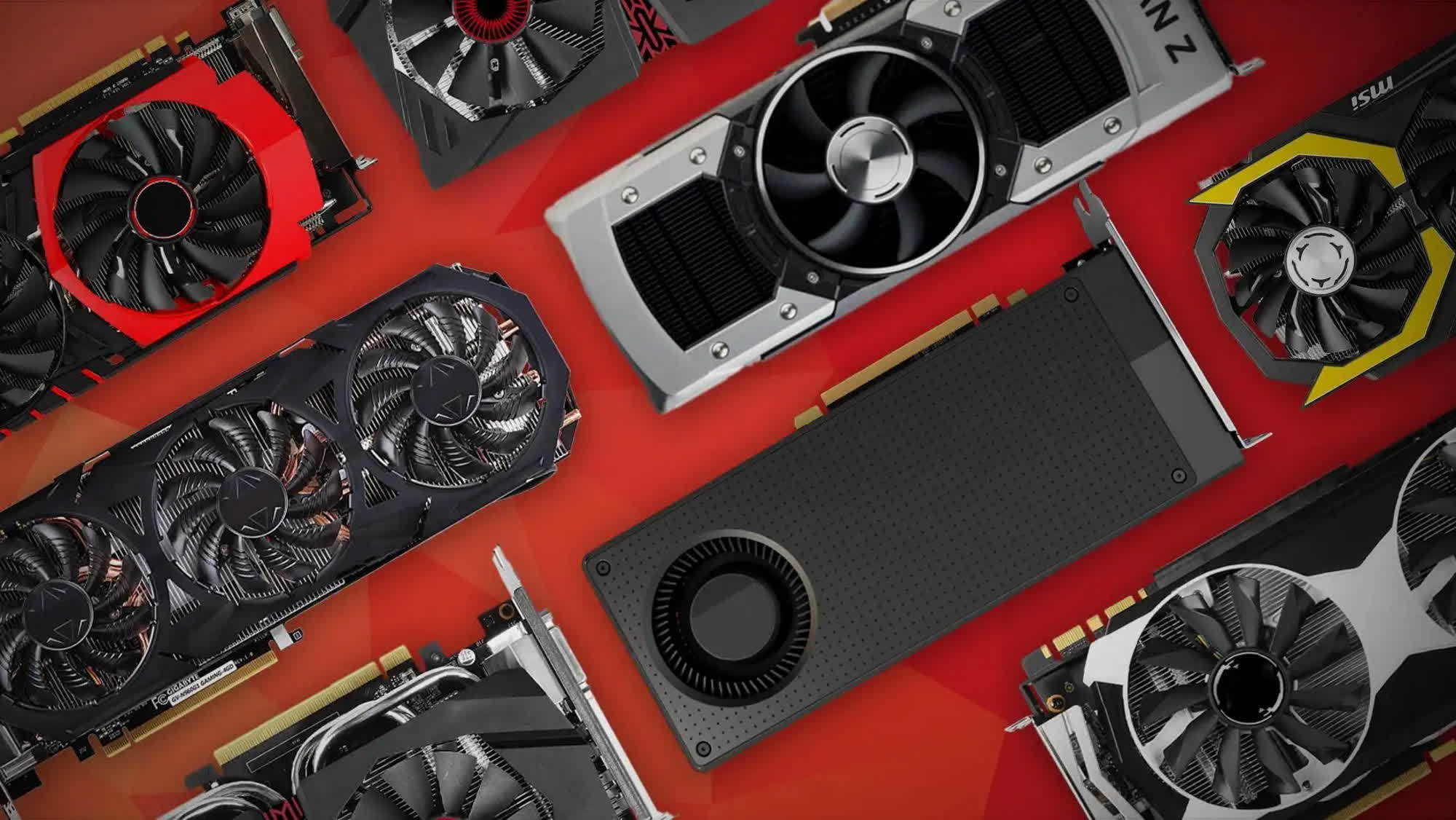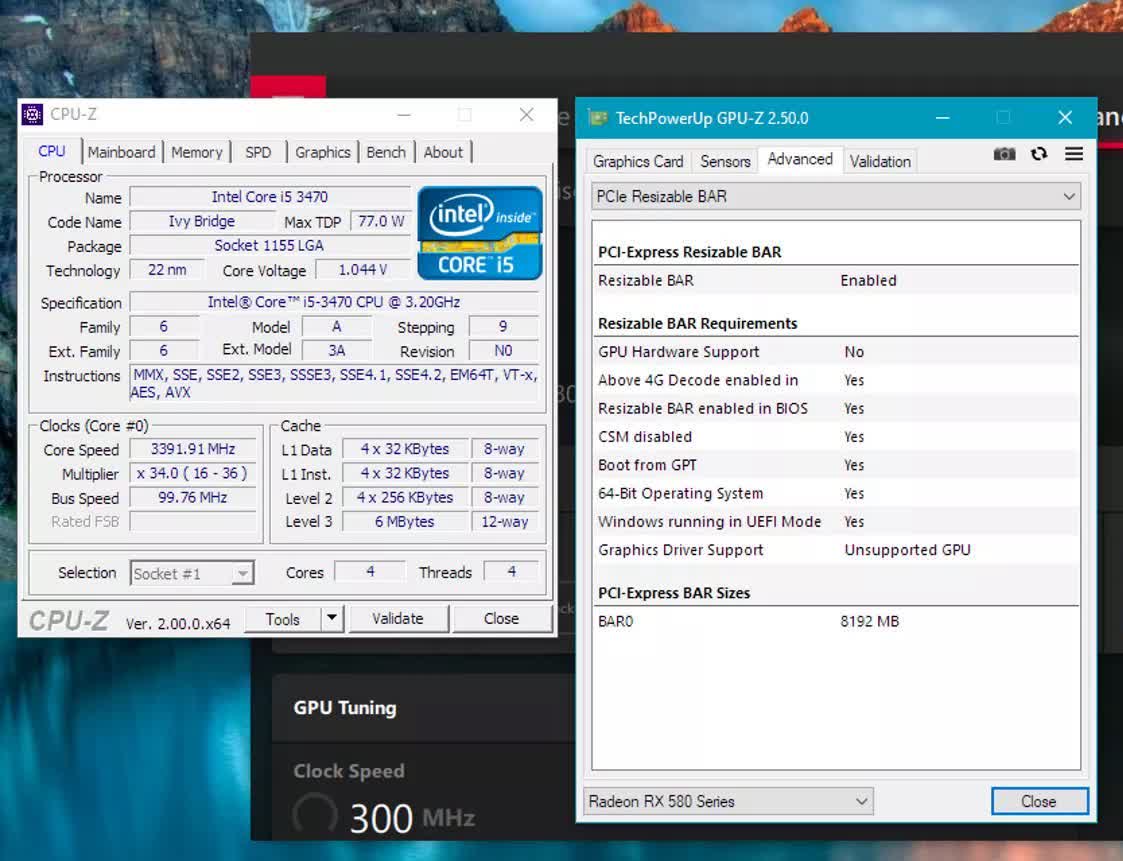In a nutshell: The Resizable BAR (Base Address Register) feature exploits the PCI Express bus to significantly increase CPU access to more significant portions of a GPU's memory. Intel 10th Gen Core, Zen 3, and newer CPUs provide native support for Resizable BAR, but older systems could get the same results by applying a custom-made patch to their motherboard UEFI firmware.

Resizable BAR and AMD's equivalent technology, Smart Access Memory (SAM), have been available for motherboards and PC hardware since 2020. The performance-improving feature became part of the PCI Express bus with Gen 2.0, which means users could theoretically access it on much older systems running a compatible GPU.
Thanks to a tool named ReBarUEFI, users can now put this theory to the test. The open-source utility provides a UEFI DXE driver capable of enabling Resizable BAR on systems that don't support it per official specs. The tool can inject its module in the UEFI firmware so that it gets executed on every boot.
The ReBarDxe module replaces a specific function in the PCI bus resource allocation protocol (PreprocessController), checking whether the hardware can utilize Resizable BAR. If so, the module enables the feature and even sets the size of the NVRAM memory buffer.

ReBarUEFI's developer states that it successfully tested Resizable BAR on a system equipped with a Core i5-3470 CPU (2012) and a Sapphire Nitro+ RX 580 8GB GPU (2017). The feature increased performance in gaming by up to 12 percent, with a 2GB BAR size. Tom's Hardware notes that the mod can work on even older systems based on Sandy Bridge CPUs (2011).
The developer says that Resizable BAR can offer noticeable performance benefits and is even required for Intel Arc GPUs to function correctly. The project's GitHub repository provides a list of compatible motherboards and requests that users reply to the list to confirm the utility works on their specific hardware configuration.
Most UEFI firmware will accept unsigned and patched modules even when the Secure Boot feature is enabled, so running games should not present any problems. Some Radeon GPUs can gain up to 24 percent more performance in some titles, while others can experience a frame rate drop. Both Nvidia and AMD GPU drivers now include individual profiles for games that can benefit from the Resizable BAR/SAM feature.
https://www.techspot.com/news/101768-rebaruefi-utility-can-enable-resizable-bar-older-gaming.html